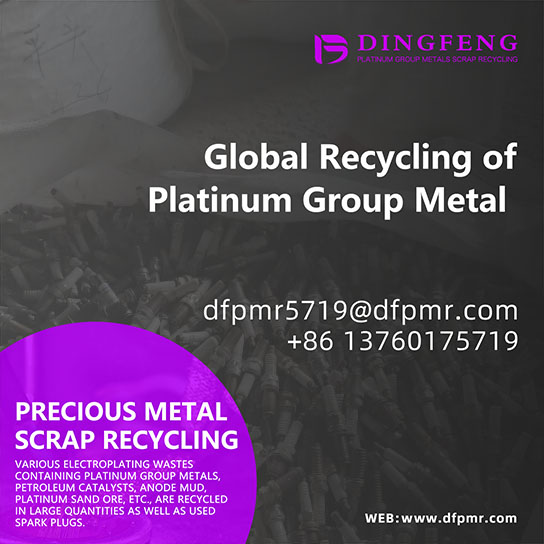Spark Plugs in Alternative Fuel Engines: Challenges and Innovations
Hydrogen, CNG, and biofuels demand specialized spark plug designs to address unique combustion properties.Hydrogen EnginesHigh flame speed (3 gasoline) requires smaller gaps and iridium electrodes to
Hydrogen, CNG, and biofuels demand specialized spark plug designs to address unique combustion properties.
Hydrogen Engines
High flame speed (≈3× gasoline) requires smaller gaps and iridium electrodes to prevent blowout.
Pre-ignition risks due to low ignition energy (0.02 mJ vs. gasoline’s 0.3 mJ).
CNG Applications
Cold plugs combat carbon fouling from lean mixtures; reinforced insulators resist thermal shock.
Ethanol Flex-Fuel
Corrosion-resistant coatings (e.g., nickel-chromium) counter acidic byproducts.
Increased gap width to stabilize combustion in E85 blends.
Methanol Racing
Platinum-tipped plugs for erosion resistance in high-MAP environments.
Future Trends
Multi-electrode designs for dual-fuel engines and adaptive gap systems.

Conclusion
Alternative fuels necessitate material and geometric adaptations to maintain ignition reliability.


